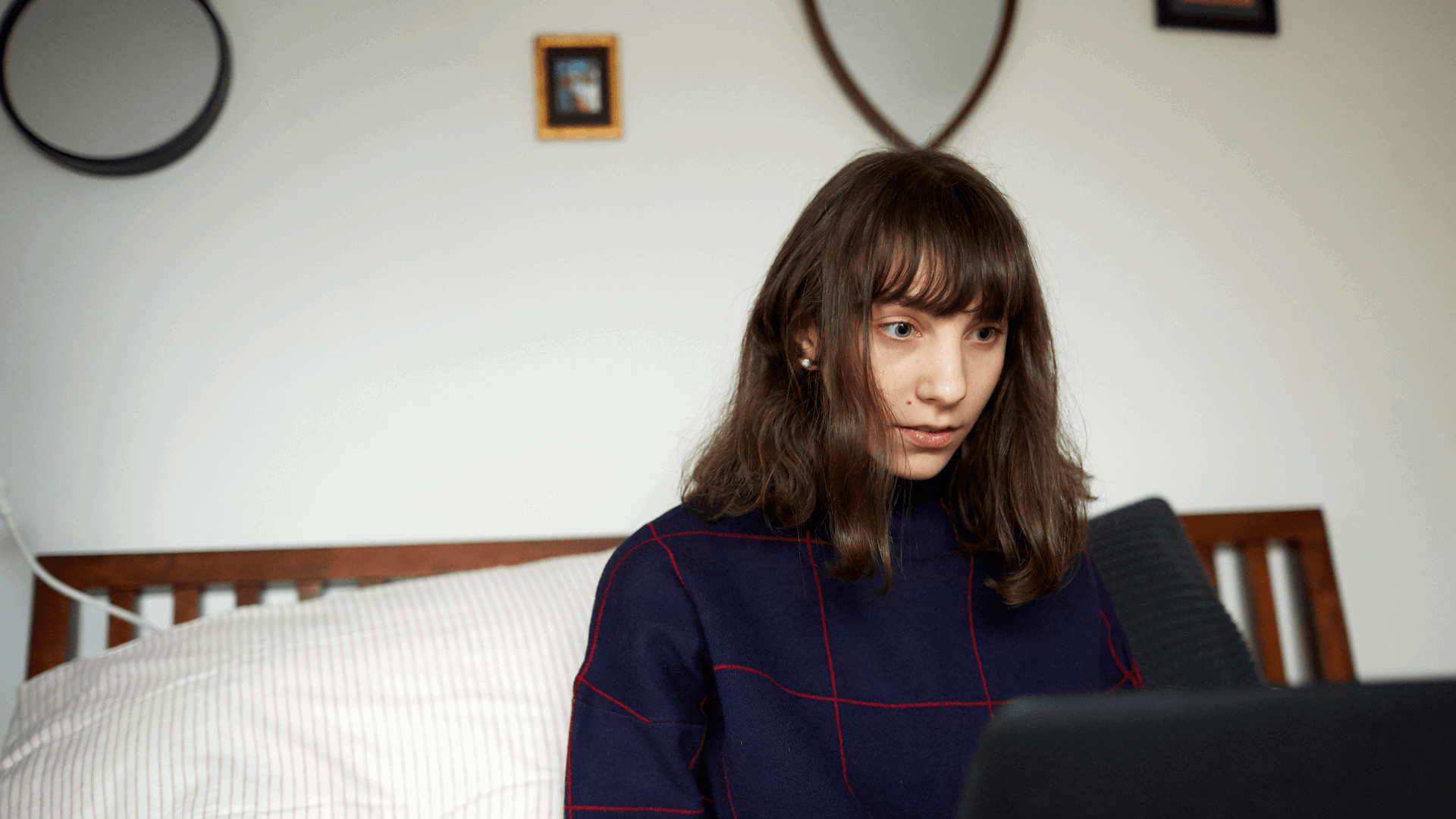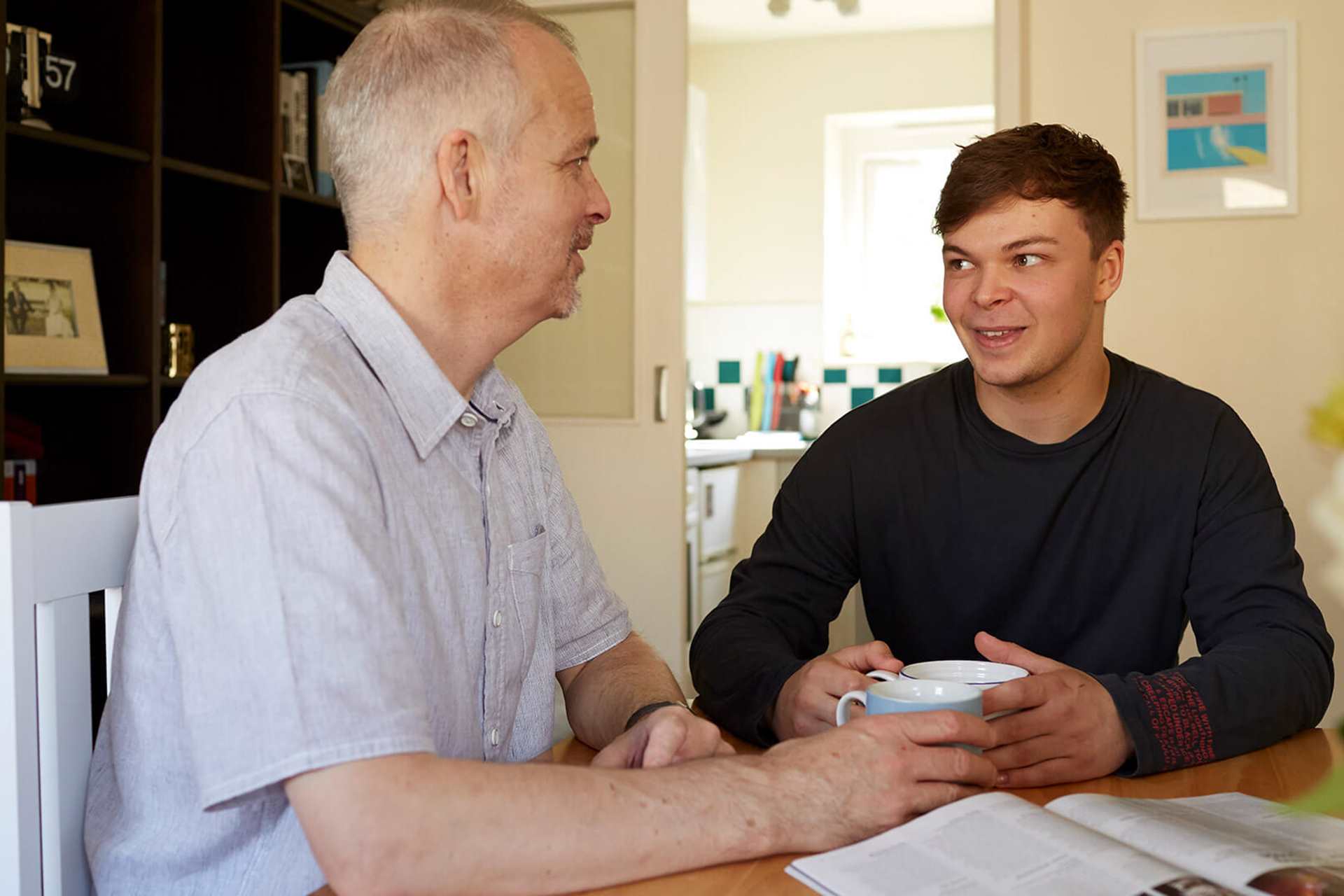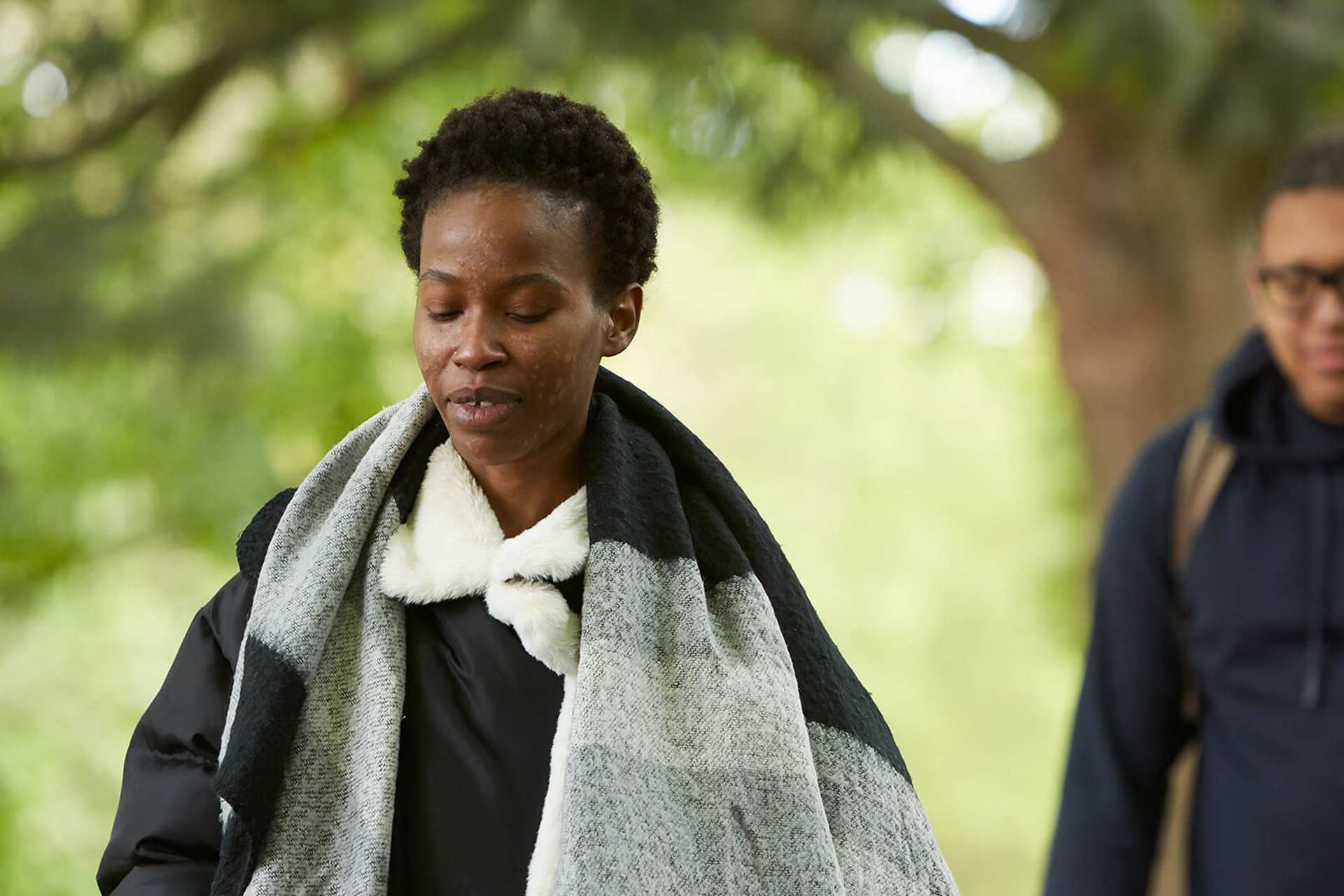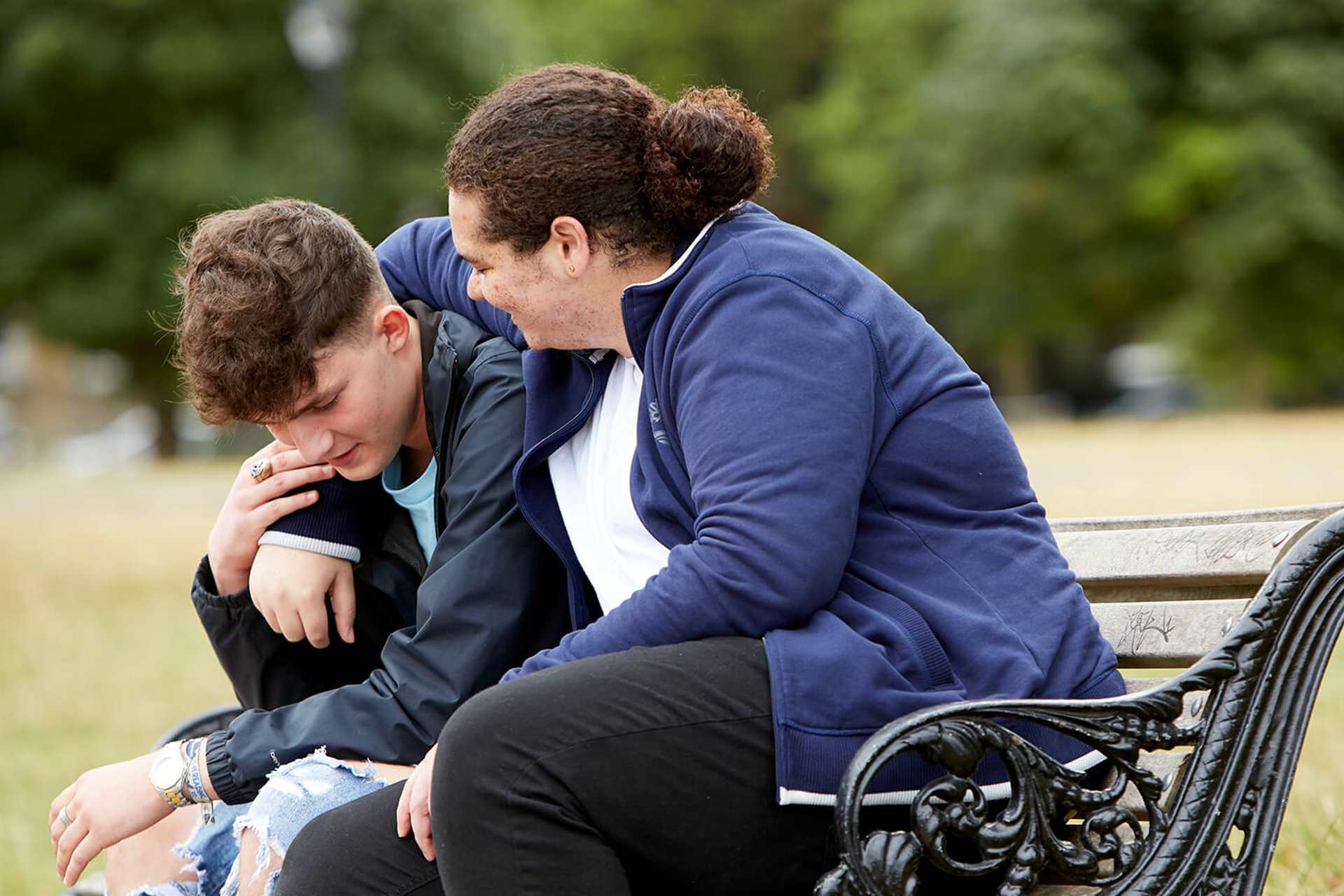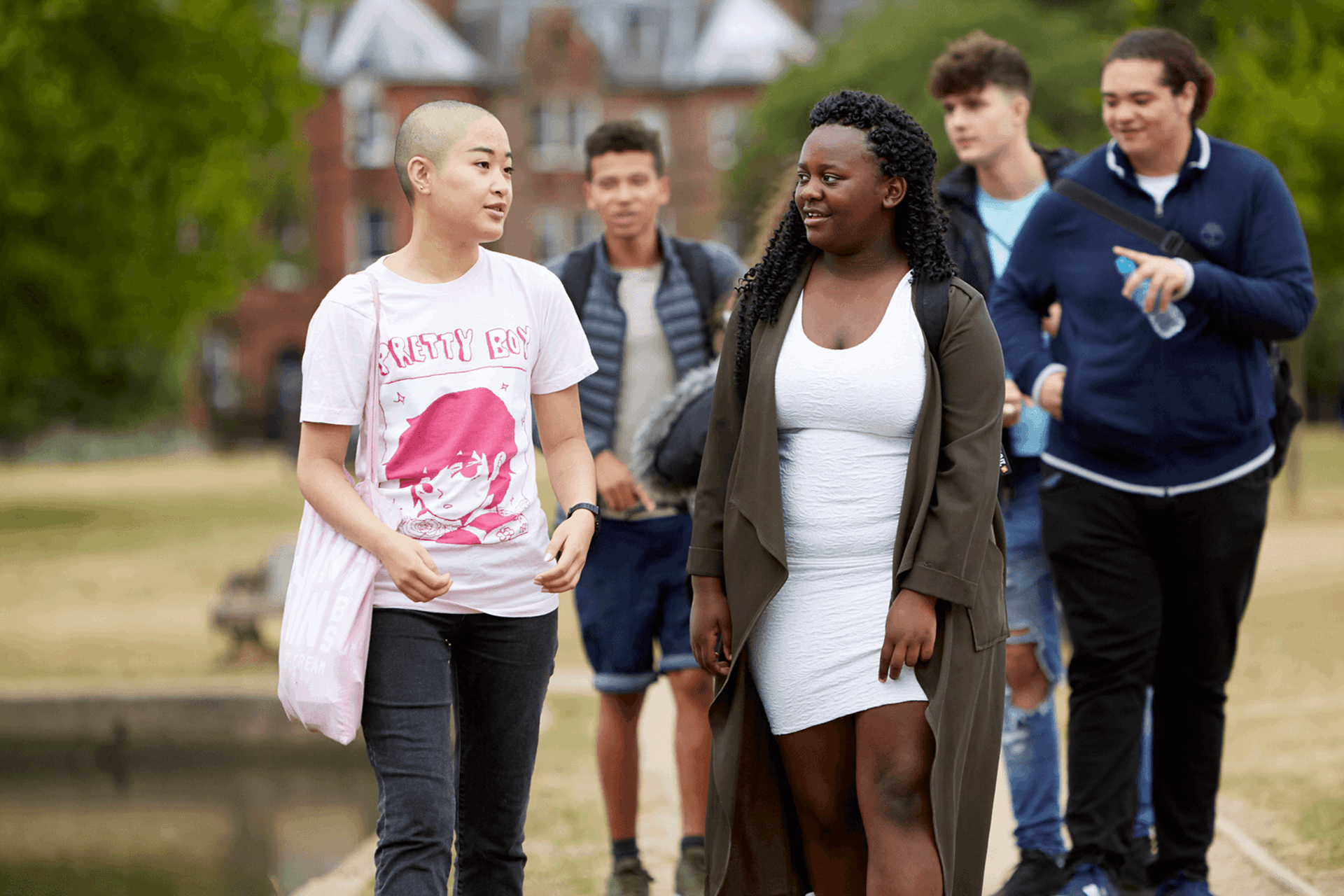Topics mentioned: social media and mental health, self-care
About: Finding an activity you enjoy can really help your mental health. Wil, 15, explains how learning languages helped her when she was struggling.
Over the years, I’ve taken up more healthy, productive coping mechanisms, because ignoring my problems didn’t help my mental health in the long term.
When I was 12, I really started to struggle with my mental health. This was quite a shock to me; I couldn’t understand why – I was doing well at school and I had a great support system at home. I was too afraid to speak up, as I was embarrassed that I couldn’t make sense of my thoughts and feelings.
When things got really rough, I would stay up late at night mindlessly scrolling through Instagram, trying to distract myself from the confusing and heavy mood swings I was experiencing every other hour. Over the years, I’ve taken up more healthy, productive coping mechanisms, because ignoring my problems didn’t help my mental health in the long term.
How I started learning French
On a particularly hard-hitting night for me, I started talking to this girl online. I was quite used to making internet friends. However, they’d all been American up until this point, and she was French. I didn’t realise it at the time, but this would turn out to shape the way I cope with my mental health today.
We got talking, in English at the time, about our shared taste in music and other interests, comparing our two cultures. I’d never really explored other European cultures, so this was quite interesting to me.
I had an amazing opportunity that most of my peers didn’t: learning something new with the help of someone who knew the skill inside-out.
When I told her that I learnt French at school, she offered to teach me some funny phrases and insults that would translate weirdly into English, making it much more amusing, which really cheered me up. As a bit of an unspoken thank you to her, I started to pay more attention in class, and put in the hours in my own time too.
I wanted to show her how much I enjoyed her language and the time she spent telling me about her culture. I had an amazing opportunity that most of my peers didn’t: learning something new with the help of someone who knew the skill inside-out.
I don’t think she quite knows how much of an impact she had on my wellbeing when I was younger, and even to this day. Although we don’t talk as often as we did three years ago, I am so appreciative of the doors she opened for me. This experience is the reason I hold the French language so close to my heart - and any language for that matter - as it reminds me that I’m not alone and that there are always new things to experience.
It reminds me that I’m not alone and that there are always new things to experience.
A hobby that helps my mental health
Since then, I started approaching learning a language as a hobby to get me through the day, rather than just a class at school. This paid off in the long term when I took my French exams a year early, achieving some amazing results!
For some, learning a language doesn’t always come easily. But, I believe that when it comes to learning a language, motivation is more important than skill. It doesn’t matter whether it’s a foreign TV show, a celebrity, or a new friend that motivates you, if it makes you happy, then go for it.
I don’t think she quite knows how much of an impact she had on my wellbeing when I was younger, and even to this day.
Tips for learning languages for your mental health
-
Watch TV shows/movies or listen to music in another language
This is a way of taking time for yourself that also feels productive. Immersive plot lines can work as distractions to calm down any intrusive thoughts.
-
Write out/talk through your thoughts to yourself in another language
This is a great way to practise the language, while making sense of any overwhelming thoughts. Thinking in another language can also help you approach things from a different angle.
-
Meet new people and make new friends
If you are learning a new language, you immediately have something to talk about. You can also meet people who are learning the same language as you and practise together.
-
Learn idioms from different languages
This can be quite amusing, especially when they don’t translate well.
-
Try new foods and recipes from the country of your chosen language
Another hobby: cooking! This is a great way to get to know another culture.
How to start learning a language
If you'd like to try learning a new language, Duolingo is a free resource that helps you with bite-size lessons, games and challenges.
Staying safe online
Many of us make new friends online, but it is important to remember to stay safe. This is because not everyone online is who they say they are. There are lots of steps you can take to avoid getting into uncomfortable, upsetting or dangerous situations. If you are worried about anything you experience online please talk to a trusted adult like your parent, carer or teacher.
More information and advice
We have tips and advice to help you find the support you need. Take a look at our guides.
Where to get help
However you're feeling, there are people who can help you if you are struggling. Here are some services that can support you.
-
Childline
If you’re under 19 you can confidentially call, chat online or email about any problem big or small.
Sign up for a free Childline locker (real name or email address not needed) to use their free 1-2-1 counsellor chat and email support service.
Can provide a BSL interpreter if you are deaf or hearing-impaired.
Hosts online message boards where you can share your experiences, have fun and get support from other young people in similar situations.
- Opening times:
- 24/7
-
Mind
Offers advocacy services, as well as information and signposting on mental health difficulties, via the Mind Infoline.
Also hosts Side by Side, an online community for those aged 18 and over to connect with others who are going through, or have been through, similar experiences.
- Opening times:
- 9am - 6pm, Monday to Friday (except for bank holidays)
